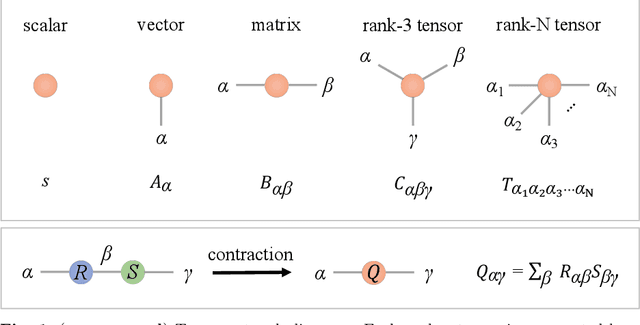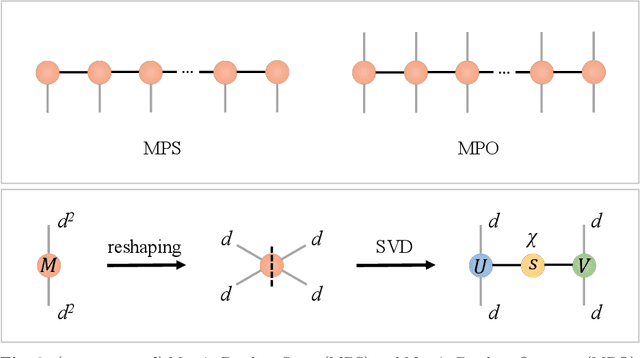Stephane Aubert
Quantum-Inspired Tensor Neural Networks for Option Pricing
Dec 28, 2022



Abstract:Recent advances in deep learning have enabled us to address the curse of dimensionality (COD) by solving problems in higher dimensions. A subset of such approaches of addressing the COD has led us to solving high-dimensional PDEs. This has resulted in opening doors to solving a variety of real-world problems ranging from mathematical finance to stochastic control for industrial applications. Although feasible, these deep learning methods are still constrained by training time and memory. Tackling these shortcomings, Tensor Neural Networks (TNN) demonstrate that they can provide significant parameter savings while attaining the same accuracy as compared to the classical Dense Neural Network (DNN). In addition, we also show how TNN can be trained faster than DNN for the same accuracy. Besides TNN, we also introduce Tensor Network Initializer (TNN Init), a weight initialization scheme that leads to faster convergence with smaller variance for an equivalent parameter count as compared to a DNN. We benchmark TNN and TNN Init by applying them to solve the parabolic PDE associated with the Heston model, which is widely used in financial pricing theory.
Quantum-Inspired Tensor Neural Networks for Partial Differential Equations
Aug 10, 2022



Abstract:Partial Differential Equations (PDEs) are used to model a variety of dynamical systems in science and engineering. Recent advances in deep learning have enabled us to solve them in a higher dimension by addressing the curse of dimensionality in new ways. However, deep learning methods are constrained by training time and memory. To tackle these shortcomings, we implement Tensor Neural Networks (TNN), a quantum-inspired neural network architecture that leverages Tensor Network ideas to improve upon deep learning approaches. We demonstrate that TNN provide significant parameter savings while attaining the same accuracy as compared to the classical Dense Neural Network (DNN). In addition, we also show how TNN can be trained faster than DNN for the same accuracy. We benchmark TNN by applying them to solve parabolic PDEs, specifically the Black-Scholes-Barenblatt equation, widely used in financial pricing theory, empirically showing the advantages of TNN over DNN. Further examples, such as the Hamilton-Jacobi-Bellman equation, are also discussed.
 Add to Chrome
Add to Chrome Add to Firefox
Add to Firefox Add to Edge
Add to Edge